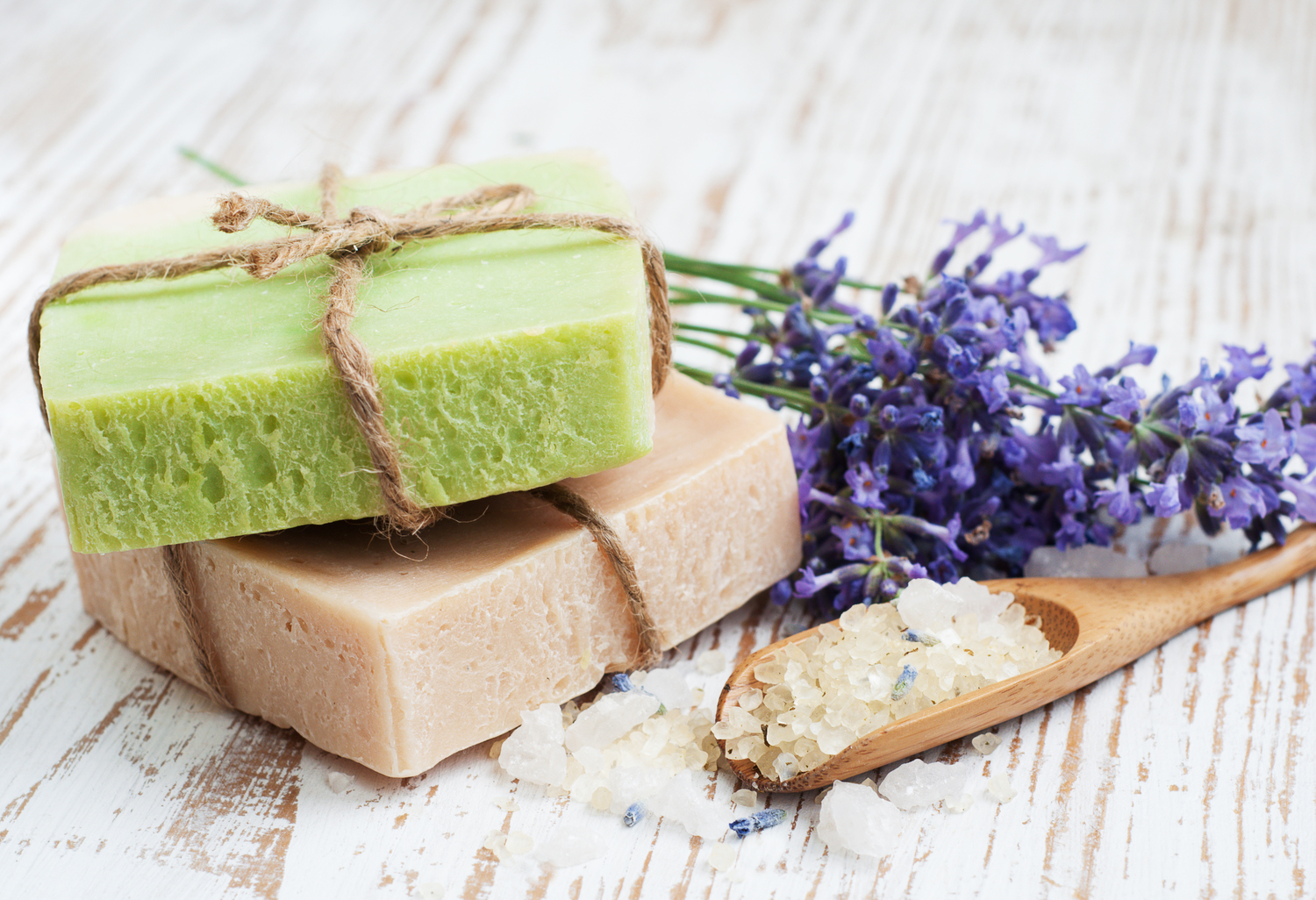
Soaps That Trigger Eczema
Eczema, scientifically referred to as atopic dermatitis, is a skin condition characterized by dry, itchy patches on the skin. Eczema is common in children. It also affects adults and teens. Types of eczema are, contact dermatitis, atopic dermatitis, and seborrheic dermatitis affecting the scalp. Symptoms of eczema include dry and flaky skin, itching of the skin, and red or gray patches on the skin. Some eczema triggers are food allergies, allergens from animals, and chemical allergens found in soaps.
With children’s skin being delicate, using the wrong type of soap could flare up eczema. These soaps wash away the natural skin oils. Soaps that trigger eczema in children and individuals are:
1. Soaps with cocamidopropyl betaine
The ingredient cocamidopropyl betaine, which is derived from coconut oil, poses risks. It contains chemical compounds that cause skin irritation. Using such soaps could trigger eczema symptoms in children.
2. Soaps with propylene glycol
Propylene glycol is a common ingredient found in most soaps. It is known to flare up eczema symptoms and other skin allergies. According to 101trendingnow.com, propylene glycol was termed as an allergen by the American Contact Dermatitis Society in 2018. It caused allergic reactions. Children and individuals suffering from eczema should avoid soaps containing propylene glycol.
3. Antibacterial soaps
Antibacterial soaps contain an ingredient called Benzalkonium Chloride. This chemical compound is useful in killing bacteria. Benzalkonium in high concentrations causes adverse skin irritation. This chemical can trigger symptoms of eczema in children. Therefore, the antibacterial soaps are not safe for eczema patients.
4. Soaps with botanical oils
Soaps with botanical oils consist of natural herbs, plants, and fruits. People prefer them because of the natural element in them. However, the downside is oils from these herbs or fruits contain herbal chemical compounds that could flare up eczema. Individuals suffering from eczema should avoid such soaps.
5. Soaps with fragrance
Soaps with fragrance consist of chemicals that make a soap smell nice. Some ingredients used in making scents contain chemical compounds. These strong scents irritate sensitive skin. According to several bodies of research, soaps with fragrance lead to over 40% cosmetic allergies. Soaps with scents are not appropriate for use for individuals with eczema.
6. Soaps containing methylchloroisothiazolinone (MCI) and methylisothiazolinone (MI)
According to healthline.com, methylchloroisothiazolinone is a standardized chemical allergen by the U.S Food and Drug Administration. Methylchloroisothiazolinone is an ingredient in many industries. It is a preservative chemical agent against bacteria. Using such soap irritates the skin and poses risks to individuals suffering from eczema.
Methylisothiazolinone is a chemical compound used in cosmetic products. It is also an ingredient in some soaps. It is also known to cause skin irritation. A combination of methylisothiazolinone and methylchloroisothiazolinone in any soap is no good. It could cause burns and flare up symptoms of eczema. Eczema patients should refrain from using such soaps as it may cause more harm.
Bottom line
The recommendation is that one should use soaps endorsed and approved by the relevant bodies. Such soaps are suitable for individuals suffering from eczema.


